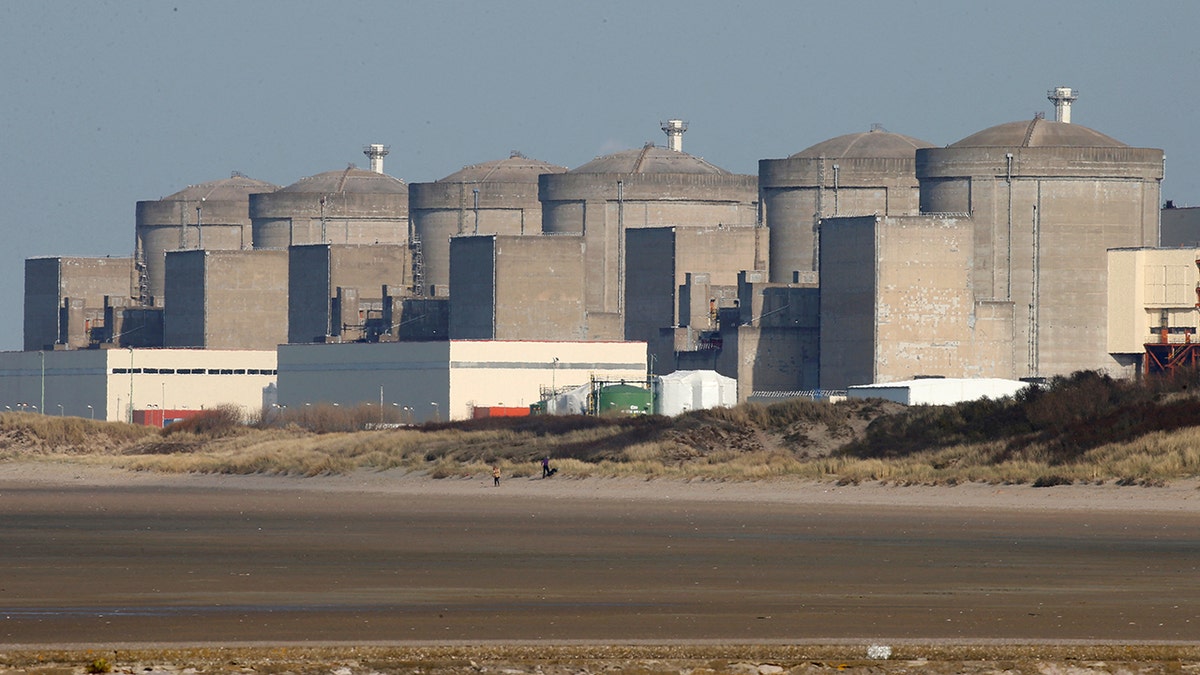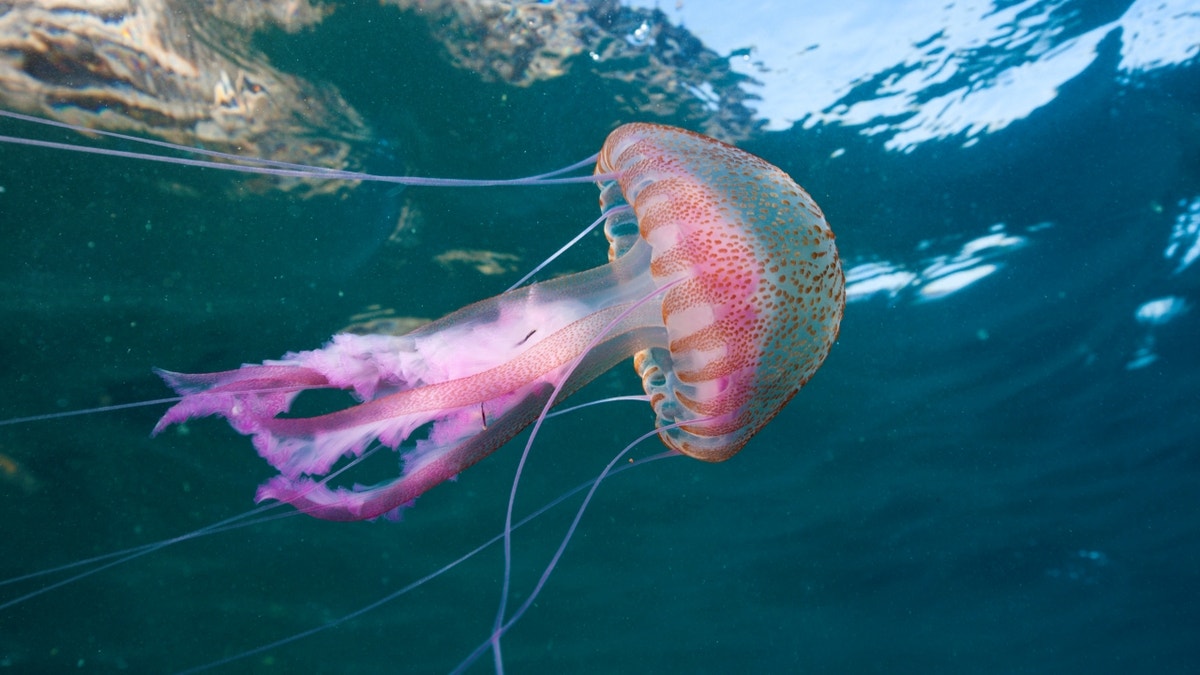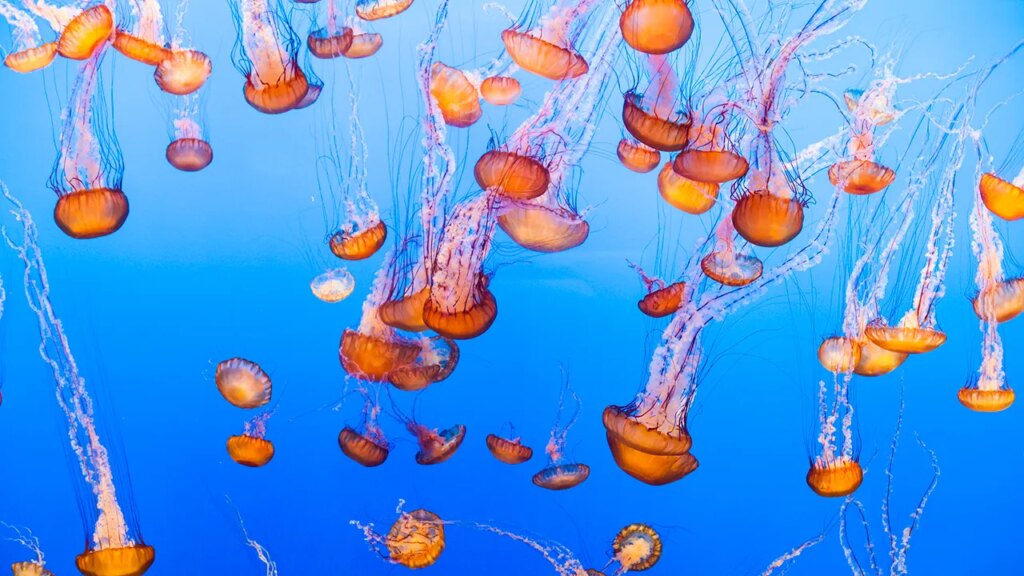NEWYou can now listen to Fox News articles!
A nuclear power plant in Petit Fort Philippe, France, was shut down on Sunday for an unusual reason.
France’s Gravelines nuclear power plant had issues with its cooling systems — which were impacted by a swarm of jellyfish.
Reactors were impacted as the plant temporarily halted production due to “massive and unpredictable” jellyfish filling the filter drums of the pumping stations, Reuters reported.
NEW BRIDGE WILL LINK POPULAR ISLAND TO MAINLAND AS CRITICS WARN OF MAFIA, EARTHQUAKES
The Gravelines nuclear power plant is one of France’s largest facilities, producing 900 megawatts of power in each of its six units.
The safety of the facilities, staff and environment were not impacted, per Reuters.
The water from the plant comes from the North Sea.
Several jellyfish species can be found in the North Sea as the creatures get carried away with the undertow, given offshore winds.
For more Lifestyle articles, visit foxnews.com/lifestyle
The undercurrent can then move the jellyfish toward the beach, according to the Reddingsbrigade Noordwijk Association.
Derek Wright, U.S. National Oceanic and Atmospheric Administration Fisheries (NOAA) marine biologist, told Reuters that jellyfish have been breeding faster of late due to warm water.

“Areas like the North Sea are becoming warmer, [and] the reproductive window is getting wider and wider,” said Wright.
He added, “Jellyfish can also hitch rides on tanker ships, entering the ships’ ballast tank in one port and often getting pumped out into waters halfway across the globe.”
“Jellyfish can also hitch rides on tanker ships.”
The British Natural History Museum linked oil and gas extraction to pollution in the North Sea.

“High levels of pollutants in the sediment near platforms caused natural food webs to break down, leaving a simpler and less diverse ecosystem behind,” the museum wrote on its site.
The North Sea is one of the largest areas of offshore oil and gas extraction in the world, the museum said.
Read the full article here







